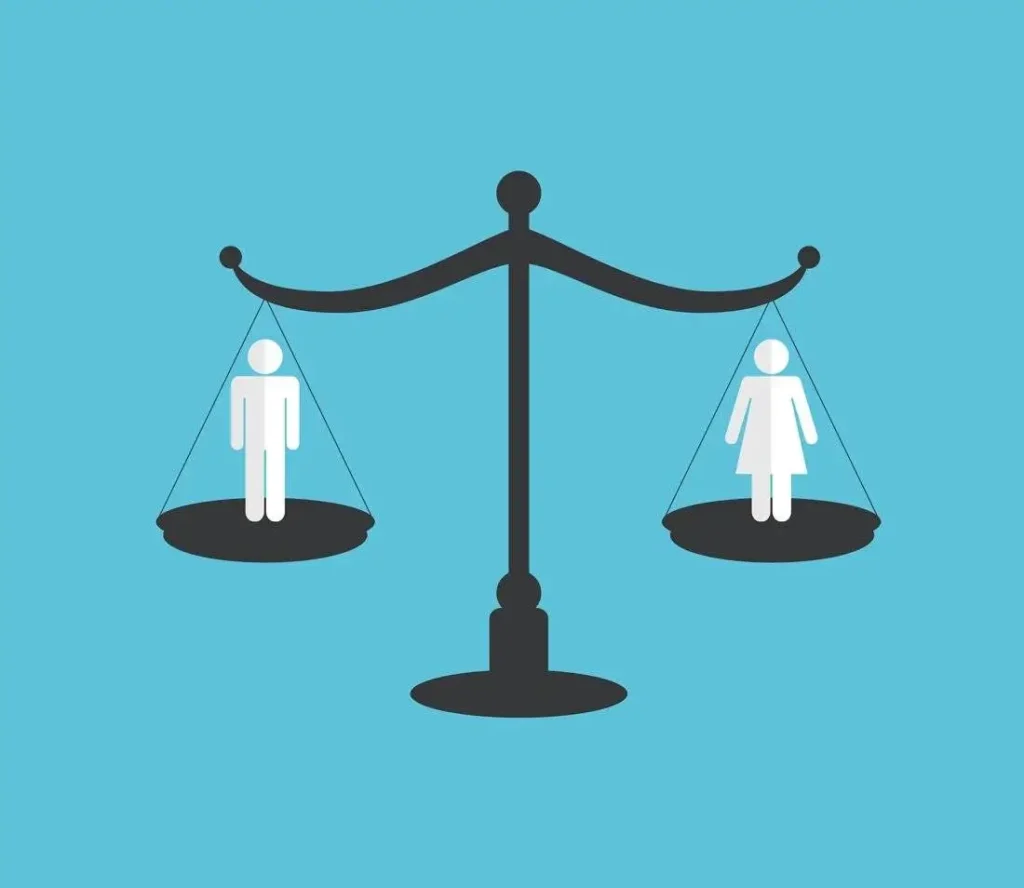Context:
The Union government has formed a high-level committee to evaluate and develop an equitable distribution mechanism for benefits and initiatives among the 1,200-plus Scheduled Castes (SCs).
Need for Committee:
- The Madiga community, constituting 50% of Telangana’s SC population (15% of the total), feels marginalized by the dominant Mala community.
- Similar grievances exist in other states, with dominant SC communities allegedly monopolizing benefits meant for all SCs.
Composition and Aim of the Committee:
- The initiation of the high-level committee, headed by the Cabinet Secretary, originated in December 2023.
- Composition: Comprising Secretaries from the Home Ministry, Law Ministry, Tribal Affairs Ministry, Social Justice Ministry, and the Department of Personnel and Training, the Committee is tasked with redirecting the focus of government schemes and initiatives toward Scheduled Caste (SC) communities.
- Aim: Its primary goal is to explore alternative solutions to address the grievances faced by similarly positioned SC communities across the nation.
Challenges affecting equitable access to SCs:
- Dominance of Specific Communities: Certain SC communities, considered dominant in specific regions, may disproportionately benefit from schemes, leaving others at a disadvantage.
- Geographical Barriers: Remote locations and inadequate infrastructure can create obstacles, limiting the reach of information and services related to schemes.
- One-Size-Fits-All Approach: Schemes designed without considering the unique challenges of different SC communities may result in interventions that are not tailored to specific needs.
- Inadequate Targeting: Identification criteria may not accurately identify the most vulnerable beneficiaries, leading to the exclusion of deserving individuals and communities.
- Corruption and Inefficiency: Bureaucratic hurdles, corruption, and a lack of transparency within government agencies can impede the efficient delivery of benefits, exacerbating unequal access.
- Caste Prejudice: Existing societal biases against certain SC communities create barriers, perpetuating discrimination and hindering access to scheme benefits.
Constitutional safeguards for the upliftment of the Scheduled Castes:
- Special Provisions for Advancement (Article 15(4)): It acknowledges the need for special provisions to advance the interests of Scheduled Castes, Scheduled Tribes, and other marginalized sections.
- Reservation in Promotion (Article 16(4A)): It specifically addresses the reservation in matters of promotion for SCs/STs, aiming to rectify underrepresentation in state services.
- Abolition of Untouchability (Article 17): It emphatically abolishes untouchability, reflecting the constitutional resolve to eradicate discriminatory practices.
- Promotion of Educational and Economic Interests (Article 46): It mandates the State to promote the educational and economic interests of the weaker sections, with special emphasis on Scheduled Castes and Scheduled Tribes.
- National Commission for SCs and STs (Article 338): It establishes a National Commission for the Scheduled Castes and Scheduled Tribes. The Commission’s responsibilities include investigating and monitoring safeguards, addressing specific complaints, and advising on their socio-economic development in the planning process.
- Reservation in Legislative Bodies (Article 330 and Article 332): Articles 330 and 332 provide for the reservation of seats in the House of the People and legislative assemblies of states, ensuring political representation for Scheduled Castes and Scheduled Tribes.
Government Legislation:
- Protection of Civil Rights Act, 1955: The Act, applicable across India, addresses the practice of untouchability and is enforced by State Governments and Union Territory Administrations.
- Scheduled Castes and Scheduled Tribes (Prevention of Atrocities) Act, 1989: Provides assistance to States/ UTs for the implementation of this Act, offering financial support for relief to atrocity victims, incentives for inter-caste marriages, awareness campaigns, and the establishment of exclusive Special courts.
- Prohibition of Employment as Manual Scavengers and their Rehabilitation Act, 2013 (MS Act, 2013): Aimed at eradicating dry latrines and manual scavenging, prioritizing the rehabilitation of manual scavengers in alternative occupations.
Schemes related to Scheduled Castes (SCs):
- PM-DAKSH Yojana: Aims to enhance the skills of target youth through both long-term and short-term training, leading to engagement in wage or self-employment.
- NSFDC (National Scheduled Castes Finance and Development Corporation): Established to finance income-generating activities for Scheduled Caste beneficiaries with an annual family income of up to Rs. 3.00 lakh in rural and urban areas.
- Credit Enhancement Guarantee Scheme for Scheduled Castes: Provides credit guarantee to young entrepreneurs from Scheduled Castes, fostering entrepreneurship and job creation in the lower strata of society.
- Pradhan Mantri Anusuchit Jaati Abhyuday Yojana: Aims to alleviate poverty among Scheduled Caste (SC) communities by generating employment through skill development, income-generating schemes, and various initiatives.
- Pradhan Mantri Adarsh Gram Yojana (PMAGY): Focuses on increasing income through income-generating schemes, skill development, and infrastructure projects to lift the target population above the poverty line.
Way forward
- The committee is tasked with recommending comprehensive solutions to address challenges in providing equitable benefits to all Scheduled Caste (SC) communities.
- This involves exploring alternative approaches, refining scheme designs, enhancing capacity building, and establishing robust monitoring and accountability mechanisms.
- The committee emphasizes the need for heightened awareness, proposing targeted campaigns, and strategic investments in infrastructure to overcome geographical barriers and enhance the reach of schemes.

